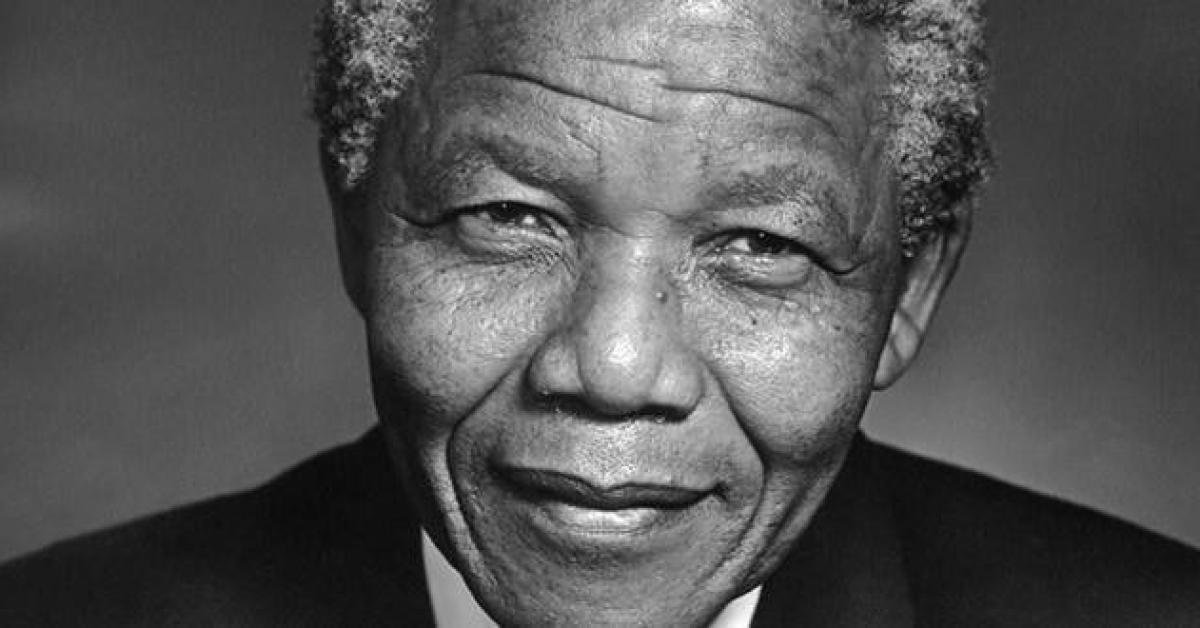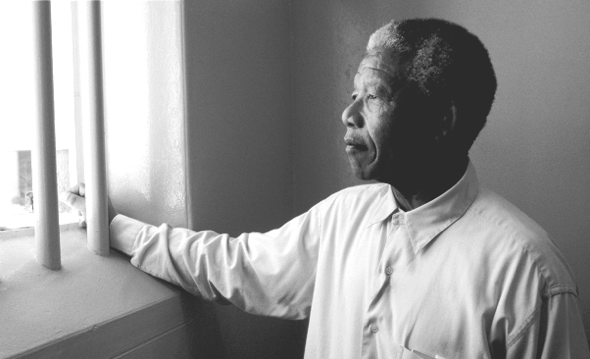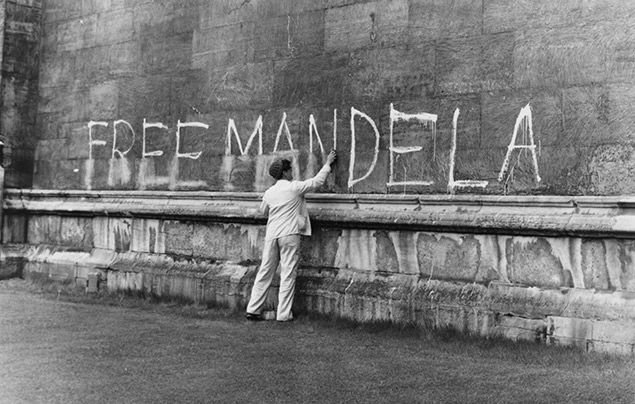Physical Address
304 North Cardinal St.
Dorchester Center, MA 02124
Physical Address
304 North Cardinal St.
Dorchester Center, MA 02124

There’s a strange phenomenon creeping through the fabric of our collective consciousness, slipping between cracks in our memories. It isn’t something that makes you question your mind, it makes you question reality itself.
One of the most widely recognized examples of this phenomenon is Nelson Mandela, a man who, for many, never truly escaped the shadow of a prison cell. But he did. And yet, for some, the memory of his death in the 1980s remains firmly embedded in their minds.
The Mandela Effect. It’s the name given to this strange occurrence where large groups of people share false memories. Not just minor mistakes, like thinking a cereal box had a different color. These are memories so vivid, so powerful, that they carry the weight of truth. But what if they’re not simply mistakes?
What if they’re echoes from a parallel world? Or perhaps, a subtle shift in the fabric of time itself?
For a significant number of people, Nelson Mandela’s death in the 1980s was a defining moment in history. These individuals vividly remember the media coverage, the mourning, and the deep sorrow that came with the news. They recall his funeral, his family, the speeches. Yet, Mandela was very much alive during that time.

The reality, of course, is that Nelson Mandela was released from prison in 1990 after spending 27 years incarcerated, went on to become South Africa’s first black president, and lived until 2013. But for some, this timeline doesn’t align with their memories. They insist that they remember his death long before his release.
This is where things get odd.
Why do so many people remember something so clearly that never happened? The Mandela Effect is not just about mistaken memories, it’s the feeling that something happened, something that can’t be explained by ordinary means.
For many who remember Mandela’s death, it’s as if they’re standing at the edge of two realities: the one they grew up with and another where Mandela was truly lost to the world long before his triumph.
Could the Mandela Effect be more than just a case of faulty memory? What if it’s a sign of something deeper- a distortion in our reality, perhaps a shift between timelines or parallel universes?
In the realm of quantum physics, the “Many-Worlds” theory suggests that every decision we make spawns a new timeline. This means that there are infinite versions of reality coexisting, each one slightly different from the other.
What if, in one version of events, Nelson Mandela died in prison? In another, he lived to become the global icon we know today. Perhaps we’ve shifted from one version of reality to another, and in the process, some of our memories didn’t quite make the transition.
This theory suggests that some of us may have slipped through a crack in time, carried into an alternate version of our world where events unfolded differently. We remember the Mandela who died in prison, but the reality we now find ourselves in is one where he lived.
It’s a chilling thought—a world where time itself may not be as fixed as we believe. If our memories can be altered by such subtle shifts, what else might be changing when we aren’t paying attention?

Our memories are powerful, but they are also fragile. They are not perfect recordings, but rather, reconstructed images of the past, shaped by our emotions, experiences, and the information we receive. We don’t simply remember events; we recreate them, often filling in the gaps with details we think we know to be true.
Could it be that our minds are so adept at reconstructing the past that we’ve created false memories of Mandela’s death? Or are these memories actually remnants of a different reality, one that we have since left behind? If time and reality are malleable, can we trust our memories at all?
What makes the Mandela Effect so fascinating is that it isn’t just one person’s false recollection. It’s a shared experience. Thousands, even millions, of people remember the same things wrong. From the death of Mandela to the misquotation of famous movie lines like “Luke, I am your father,” the examples are as numerous as they are perplexing.
It’s as if, in some inexplicable way, our collective memory has been altered. But why? And by whom? Or is it something far more mysterious, an event so subtle that it went unnoticed by most, yet left a trace in the minds of those who experienced it?

As the Mandela Effect continues to puzzle and mystify, one thing remains certain: we may never truly know why these memories persist. Are we simply victims of our own imperfect recollections, or have we stumbled upon a glimpse of a far more complex reality?
Perhaps the Mandela Effect isn’t a glitch in the mind. Perhaps it’s a reflection of something deeper, a window into the cracks that lie just beyond the veil of our understanding. A glimpse into alternate timelines, where the past, present, and future might not be as fixed as we think.
The next time you recall something with absolute certainty, ask yourself: Is this the world I remember? Or is this the world I’ve been led to believe?
The answers might not come immediately—but if the Mandela Effect has taught us anything, it’s that we should always be open to the possibility that what we remember… may not be the whole truth.